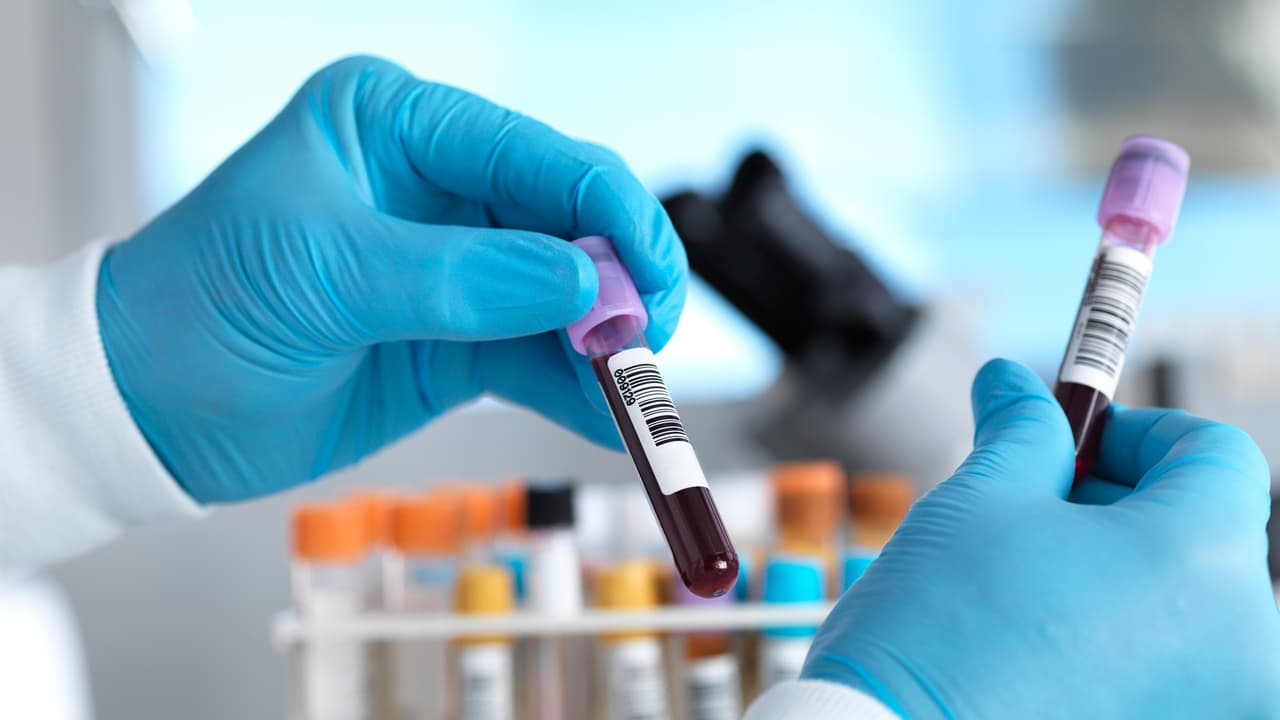Researchers at Mass General Brigham have created HPV-DeepSeek, a blood test that detects HPV-linked head and neck cancers up to 10 years early with 99% accuracy. The breakthrough could transform early cancer screening.
A new ultra-sensitive blood test may revolutionize how doctors detect and treat cancer. Scientists at Mass General Brigham have developed HPV-DeepSeek, a test that can find HPV-related head and neck cancers up to 10 years before symptoms appear — with 99% accuracy.
A Decade-Long Head Start Against Cancer
Human papillomavirus (HPV) causes about 70% of head and neck cancers in the United States, yet these cancers often go unnoticed until they’re advanced. Unlike cervical cancer, which can be caught early with regular screening, no reliable test has existed for HPV-linked throat cancers — until now.
Published in the Journal of the National Cancer Institute, the new study shows that HPV-DeepSeek can detect tiny fragments of HPV DNA in the bloodstream long before a tumor is visible.
“We can now accurately detect HPV-associated cancers in asymptomatic individuals years before diagnosis,” said Dr. Daniel L. Faden, lead author and surgical oncologist at Mass Eye and Ear. “Catching these cancers early could mean far less aggressive treatment and better quality of life for patients.”
How HPV-DeepSeek Works
The test uses whole-genome sequencing to scan blood for viral DNA shed by cancer cells. When tested on stored blood samples, HPV-DeepSeek identified cancer-related DNA in 22 of 28 people who later developed the disease — sometimes nearly eight years before diagnosis.
Using machine learning, researchers further refined the test, boosting its accuracy to detect 27 of 28 future cancer cases, even in samples collected up to a decade before diagnosis.
What Comes Next
A large-scale NIH-funded trial is now underway to validate these findings using hundreds of stored blood samples from national cancer screening studies.
If successful, HPV-DeepSeek could pave the way for routine blood-based cancer screening, similar to cholesterol or glucose tests — allowing doctors to treat cancers at their most curable stages.
“Tools like this could transform cancer prevention,” Dr. Faden added. “Instead of reacting to cancer, we could predict and prevent it.”
